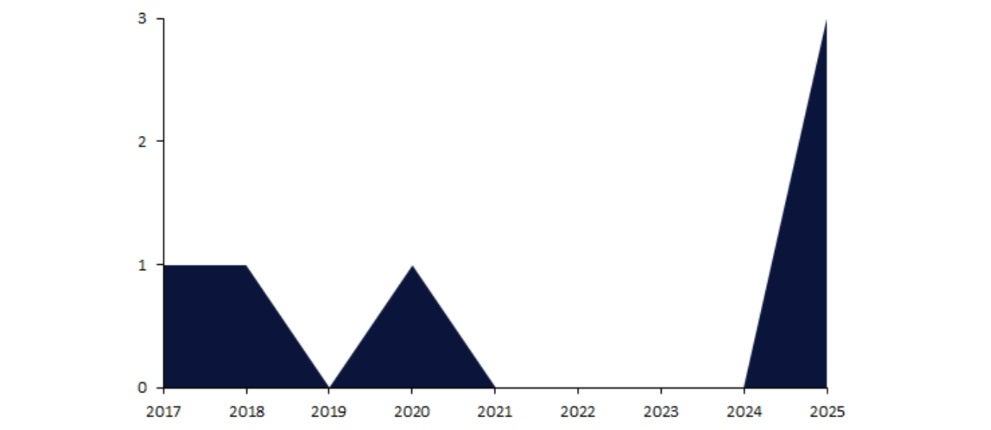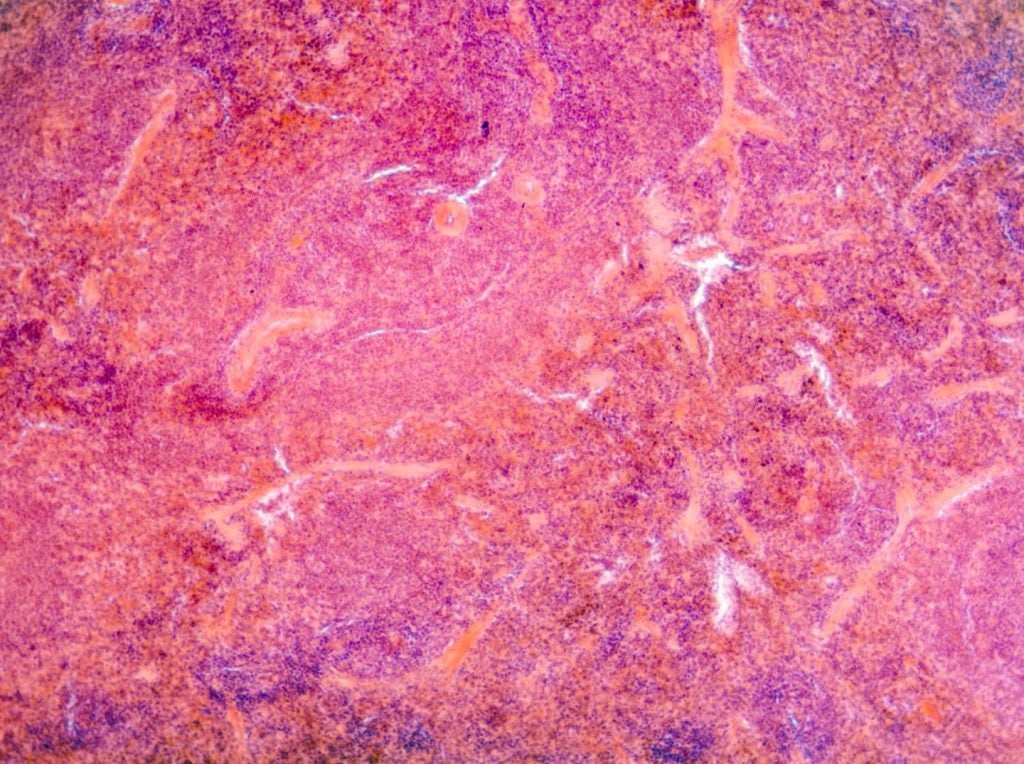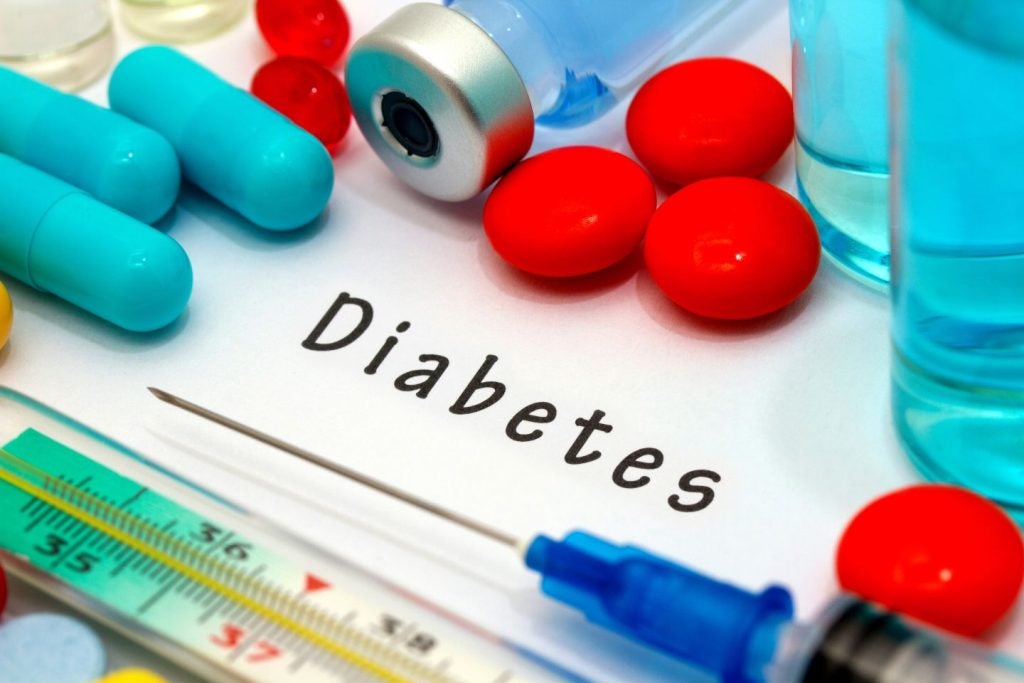At the European Association for the Study of Diabetes (EASD) Annual Meeting 2025, findings from a Phase II clinical trial of NA-931 were presented. The study evaluated the weight-loss efficacy, safety, and tolerability of NA-931 in obese (body mass index [BMI] ≥30kg/m²) or overweight (BMI ≥27kg/m²) adult patients (aged ≥18 years) with at least one treated or untreated weight-related comorbid condition. NA-931 is a first-in-class, oral, once-daily quadruple receptor agonist that targets glucagon-like peptide-1 (GLP-1), glucose-dependent insulinotropic polypeptide, insulin-like growth factor-1, and glucagon receptors.
The 13-week trial was a randomised, double-blind, placebo-controlled, parallel-arm, multiple ascending dose study involving 125 patients. The primary endpoint was the change in body weight from baseline to week 13. Secondary endpoints included the percentage of participants achieving ≥5% and ≥10% weight loss from baseline by week 13, as well as the incidence of treatment-emergent adverse events (TEAEs), treatment-emergent serious adverse events, and adverse events of special interest.
In results presented by Lloyd Tran of Biomed Industries (San Jose, US), NA-931 showed dose-dependent weight reduction. By week 13, the 150mg daily dose led to a maximum mean weight loss of 14.8%, which was 13.2% greater than that observed with placebo. Additionally, up to 72% of participants treated with NA-931 achieved ≥12% weight loss by week 13, in contrast to only 2% in the placebo group.
In terms of safety and tolerability, TEAEs were predominantly mild or nonsignificant. Gastrointestinal events - primarily mild nausea and vomiting - were common but comparable between treatment arms. Diarrhoea was reported in 8.1% of NA-931 recipients and 3.2% of placebo recipients. Notably, no muscle loss was observed.
Key opinion leaders interviewed by GlobalData noted that current research and development trends in obesity are increasingly focused on novel approaches to combining incretin pathways. They emphasised the potential of oral therapies in offering a convenient alternative to the subcutaneous injection route of administration typically associated with GLP-1-based treatments.
Overall, NA-931 demonstrated promising weight-loss efficacy and safety, supporting its progression into Phase III development. According to GlobalData’s Pharma Intelligence Center, there are 35 Phase III candidates, 94 Phase II candidates, and 111 Phase I candidates for obesity globally.















